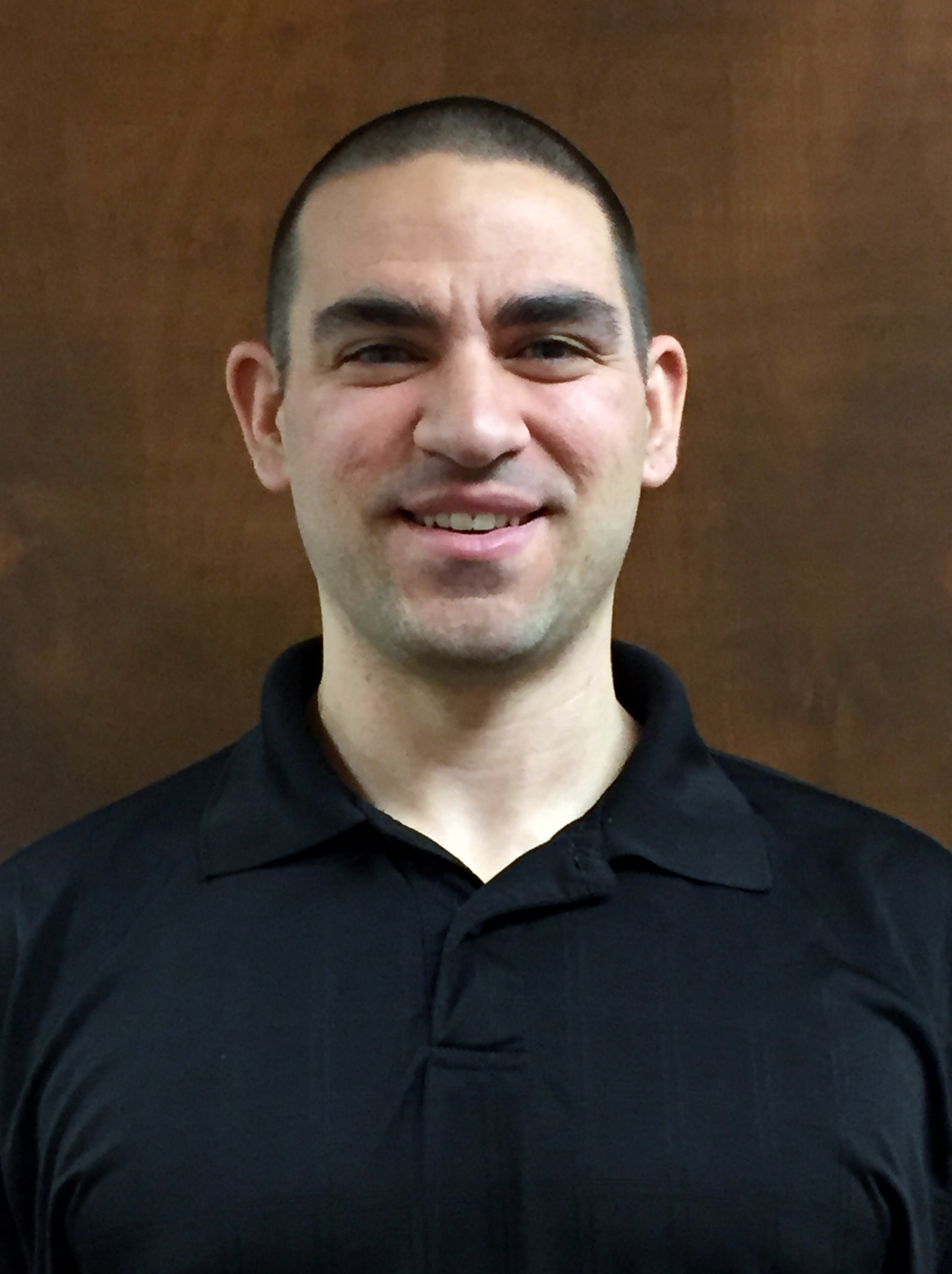Supporting Loved Ones In Recovery Posted On
Recovery from problem gambling means major lifestyle changes that will affect the person in recovery and their loved ones. These lifestyle changes may have a much larger impact on family and friends than most anticipate. Learning to support the recovery of a loved one is important for their success.
Recovery From Problem Gambling
The basic vision of recovery from problem gambling is avoidance of gambling activities, but it becomes so much more. The person entering into recovery must identify the gambling activities they would participate in, which can include sports betting, lottery, scratch-offs, 50-50 raffles at community events, and bingo night with older parents. These activities can take place at bars, friends’ homes, churches, or casinos. Identifying these activities can seem overwhelming. It can feel overwhelming to see how many activities a person participated in that were gambling related, but it can also feel overwhelming to change their lifestyle and fill that time with new activities.
Once a person entering into recovery has identified the gambling activities to stop participating in, and the time they used to spend gambling, recovery starts to look different for everyone. There is no cookie-cutter look at recovery. Everyone’s hope for recovery is different, their path to recovery (i.e. treatment, self-help books, 12-step groups, etc.), and their social support (friends and family) all look completely different from person to person.
What Loved Ones Can Do
There is no cookie-cutter path or steps to supporting someone in their recovery process. Since each person’s recovery is different, their support will look different too. While on the path to recovery, it’s important to have open communication, be willing to offer space for healing, and be ready for acceptance.
Communication is always important, especially in a time of change. Recovery means change, and change can seem scary. Having open talks about what the person in recovery needs, how they feel, and how you feel is all important to be supportive, and supported, by one another in this process of change.
Space is important as the person in recovery may need space to think and grieve. They may need to have space between family and their treatment provider as they grieve the affect their gambling has had on the family. You may need space to heal and manage your emotions of the changes the family is going through during this time of transition into recovery.
Acceptance is also needed. Acceptance of the truth, acceptance of the situation, and acceptance of help when needed. Acceptance that change is scary, acceptance that change is necessary, and acceptance that change can be a time of birth for a new beginning and a stronger family.
What Loved Ones Need To Know
As a loved one to a person entering into recovery from problem gambling, you should learn everything you can. A great place to start is in Staying Safe After Problem Gambling. This FREE downloadable eBook was created to help anyone understand what recovery can look like, and what they can do.
Additionally, the KnowTheOdds.org site offers a number of resources including videos, blogs and articles. Here, you’ll find an abundance of information to learn what problem gambling is, the consequences of it, and how people and families can rebuild through recovery.
For additional help, you can contact the NYS HOPEline at 1-877-8-HOPENY (1-877-846-7369) where you’ll be greeted by a trained clinician who will help you identify the resources in your area. These resources may include treatment centers, local GAMANON meetings, and local clinicians.
Although recovery from problem gambling can seem difficult at times, remember that the person who struggles with their gambling does not do so to hurt their loved ones, but because of an addiction to gambling. A loved one entering into recovery can mean the beginning of a new, brighter tomorrow for the whole family, which can be very exciting!

